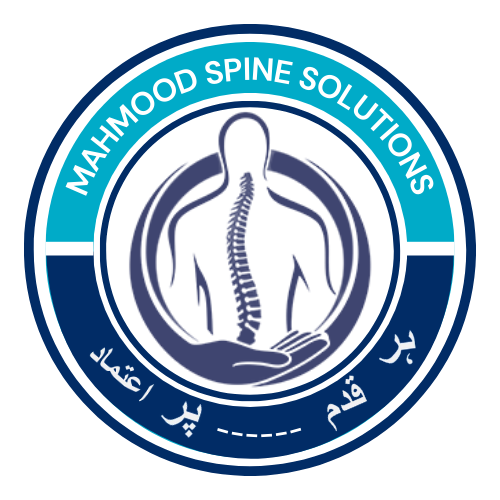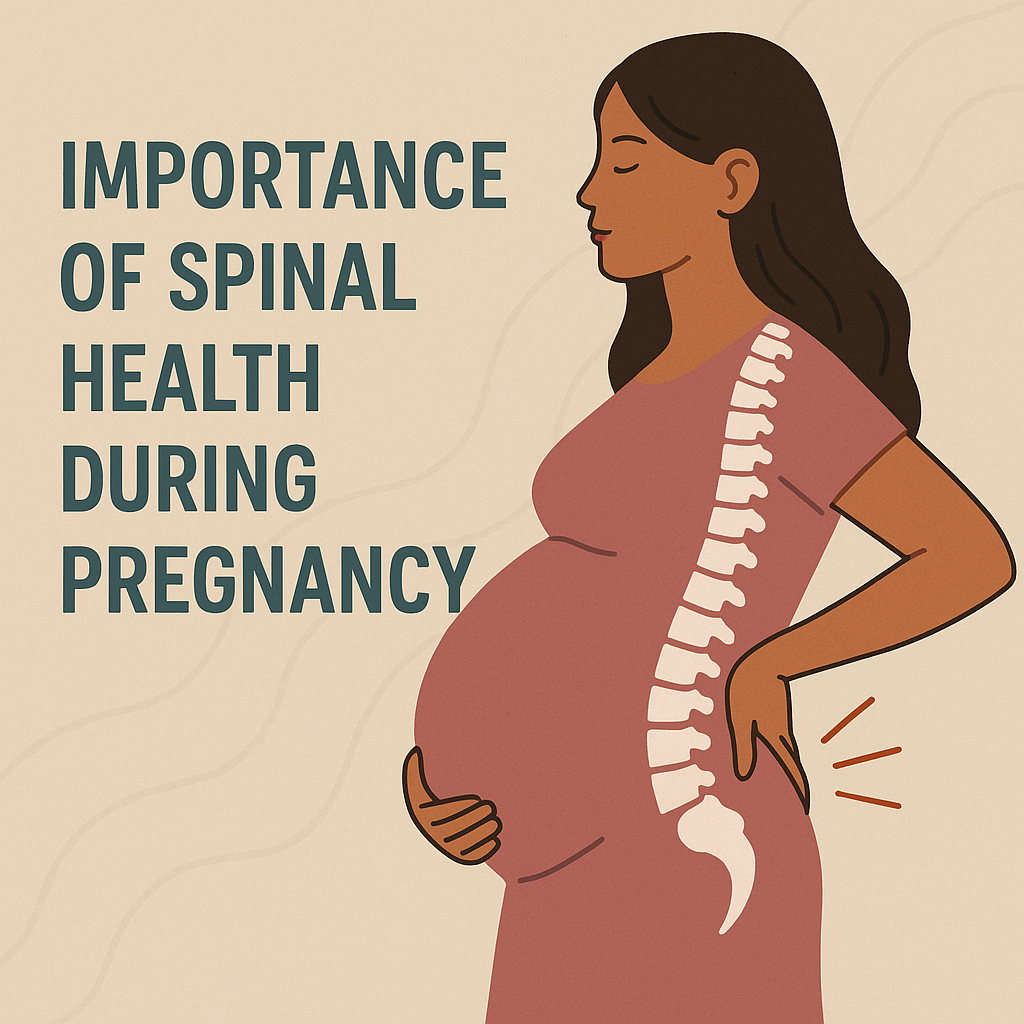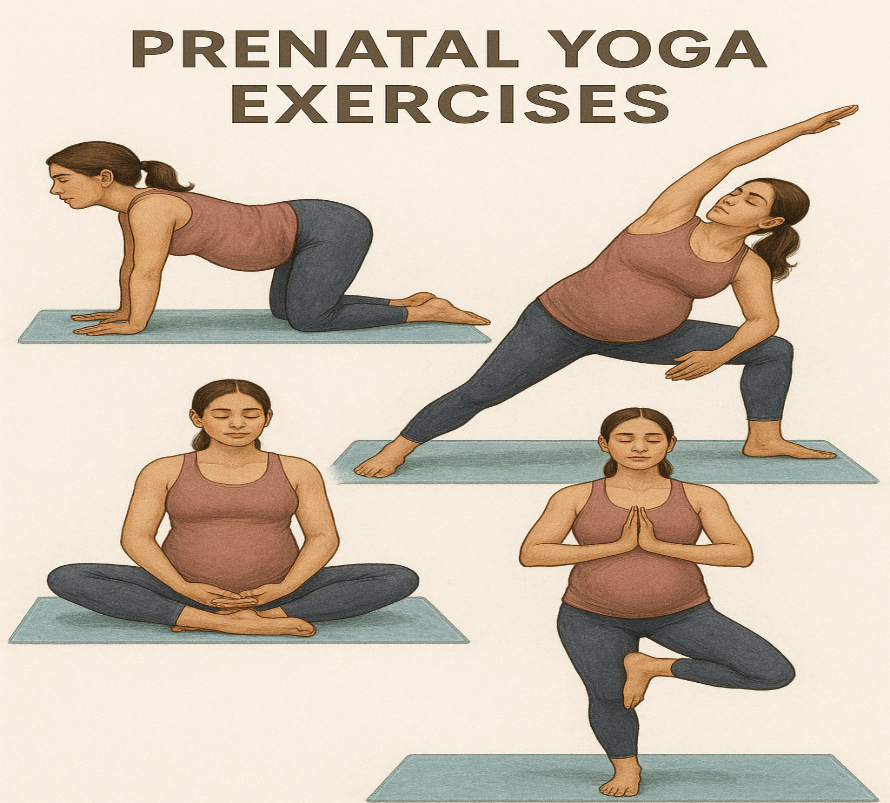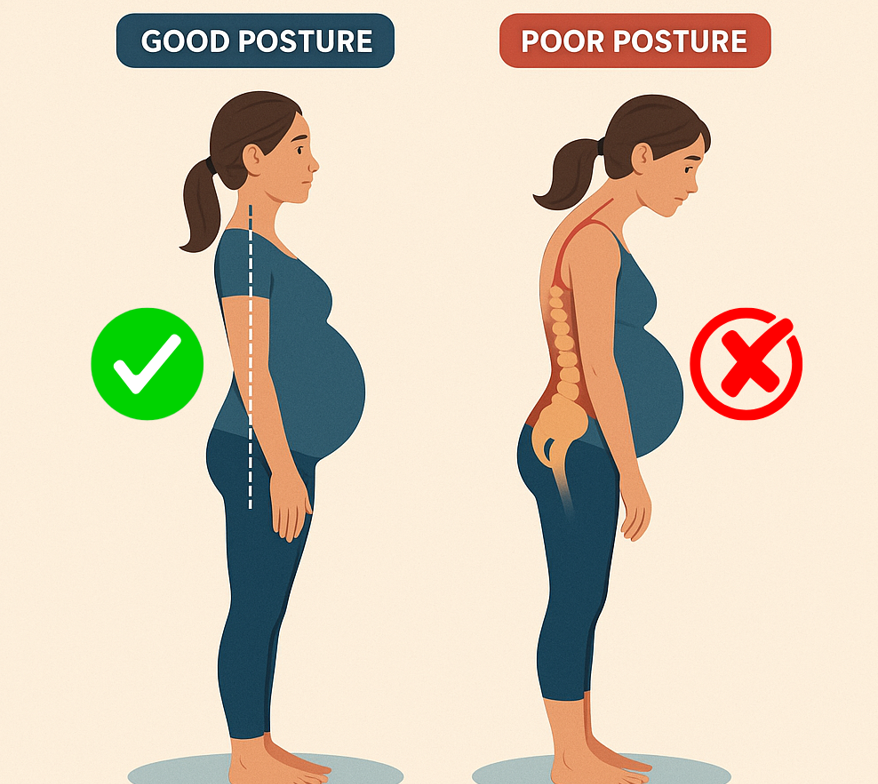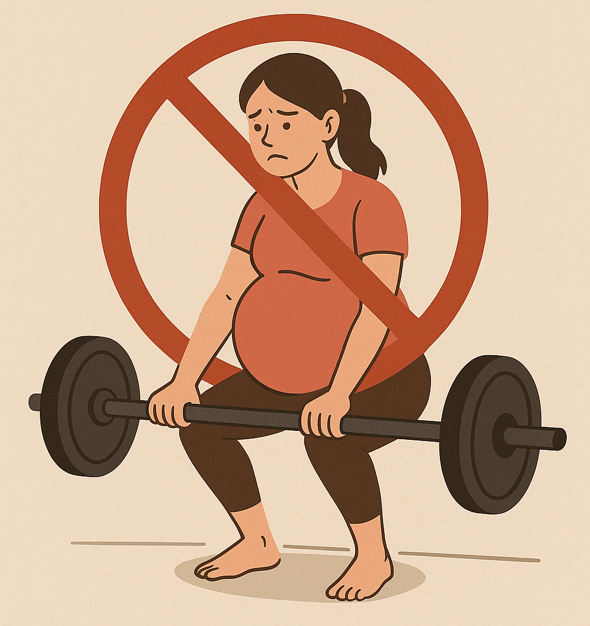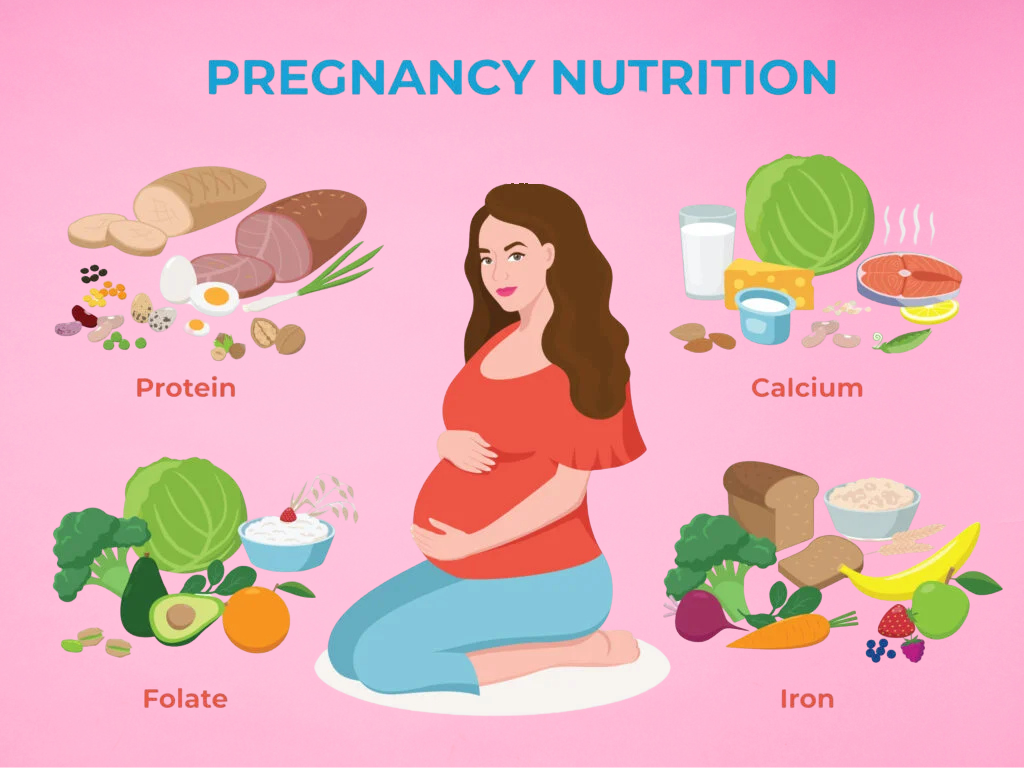The Importance of Spinal Health During Pregnancy:
Pregnancy brings about profound physiological and hormonal changes that significantly impact the musculoskeletal system, particularly the spine. As the fetus grows, a woman’s center of gravity shifts forward, increasing the lumbar curve (lordosis) and placing additional stress on the lower back. Hormones like relaxin also loosen the ligaments in the pelvic region and spine to prepare for childbirth, which may reduce spinal stability and increase the risk of pain and injury.
Maintaining spinal health during pregnancy is essential for several reasons:
- Postural Support: A healthy spine ensures proper posture, which reduces muscle fatigue and joint strain.
- Pain Prevention: Good spinal alignment can prevent or reduce the severity of lower back and pelvic pain.
- Mobility and Function: A well-supported spine enables better movement, making everyday tasks more manageable during pregnancy.
- Labor and Delivery: Proper spinal alignment may help optimize fetal positioning and ease the delivery process.
- Postpartum Recovery: Maintaining spinal health during pregnancy contributes to faster and smoother postpartum recovery.
Common Causes of Spinal Pain in Pregnancy:
Weight Gain: Increased body weight adds pressure on the spine, especially the lumbar region.
Postural Changes: As the belly grows, the body compensates by leaning backward, straining the back muscles.
Hormonal Effects: Relaxin causes ligamentous laxity, reducing spinal and pelvic stability.
Muscle Imbalances: The abdominal muscles stretch and weaken, placing extra load on the lower back.
Sedentary Lifestyle: Reduced activity can lead to stiffness and weakening of the spinal support muscles.
Strategies for Managing Spinal Pain During Pregnancy:
1) Exercise and Physical Activity:
- Prenatal Yoga: Improves flexibility, posture, and core strength.
- Walking: Low-impact aerobic exercise that promotes spinal mobility.
- Pelvic Tilts and Core Strengthening: Strengthens the abdominal and back muscles, reducing spinal strain.
2) Postural Awareness:
- Maintain an upright posture with your shoulders back and down.
- Avoid slouching when sitting or standing.
- Use a lumbar roll or small cushion to support the lower back when sitting.
3) Supportive Devices:
- Maternity Belts: Provide extra support to the lower back and abdomen.
- Proper Footwear: Avoid high heels; use cushioned, supportive shoes.
- Supportive Mattresses and Pillows: A firm mattress and body pillows can improve sleep posture and reduce nighttime pain.
4) Physiotherapy Care:
- A certified physiotherapist can perform safe spinal adjustments and teach therapeutic exercises.
- Manual therapies may reduce spinal and pelvic misalignment and relieve pain.
5) Hydrotherapy:
Swimming or water-based exercises provide support and resistance, easing spinal pressure while promoting gentle movement.
6) Heat and Cold Application:
Warm compresses can soothe tight muscles, while cold packs can reduce inflammation in the lower back.
7) Avoid Heavy Lifting and Twisting Movements:
If lifting is necessary, bend at the knees and keep the back straight.
8) Mind-Body Techniques:
Deep breathing, meditation, and guided relaxation can reduce tension and improve body awareness, indirectly supporting spinal health.
9) Nutrition and Hydration:
- Adequate calcium, magnesium, and vitamin D intake helps maintain bone and muscle health.
- Staying hydrated supports disc health and reduces muscle cramps.
When to Seek Medical Help:
Persistent or severe spinal pain during pregnancy should never be ignored. Seek medical attention if you experience:
- Pain radiating down the legs
- Numbness or tingling in the limbs
- Difficulty walking or standing
- Loss of bladder or bowel control
These may indicate more serious conditions, such as sciatica or spinal disc problems that require professional evaluation.
Conclusion:
Spinal health is a cornerstone of overall well-being during pregnancy. A proactive approach involving posture correction, targeted exercises, supportive care, and professional guidance can help prevent and manage spinal pain effectively. By prioritizing spinal health, expecting mothers can enhance comfort, mobility, and readiness for childbirth while promoting long-term musculoskeletal health.
About Authors
Dr. Muhammad Mahmood Ahmad is a Spinal as well as an Orthopedic Surgeon with over 14 years of experience currently practicing at Razia Saeed Hospital, Multan.
